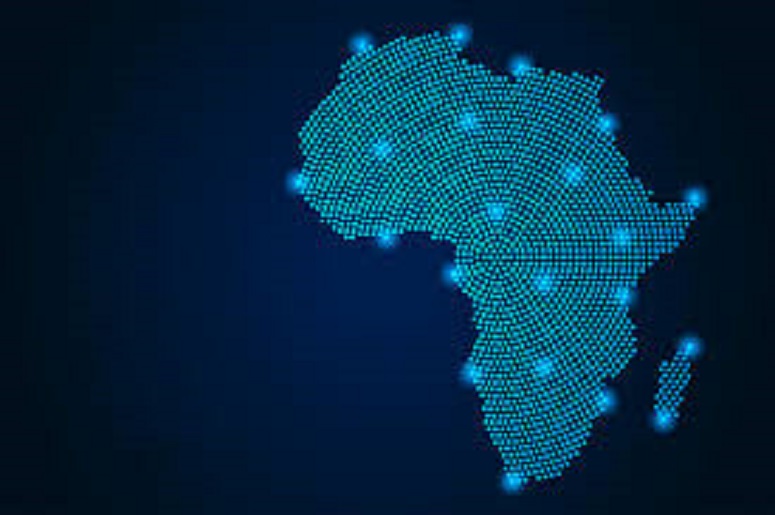Did you know that by 2050, the world’s urban population is expected to grow by 2.5 billion, with nearly 90% of that growth happening in cities across Africa and Asia? To keep up with this rapid urbanisation, governments, humanitarian organisations, and researchers need accurate information on buildings and infrastructure.
This data helps plan for future growth, respond to crises, and ensure resources are distributed fairly. But in many parts of Africa and the Global South, this vital information is outdated or simply unavailable.
That’s why Google launched the Open Buildings project in 2021. It started at the AI Research Lab in Accra, Ghana, and has helped map 1.8 billion buildings across Africa, Asia, Latin America, and the Caribbean—about 40% of the globe. This data has been used by governments, NGOs, and researchers to improve services and respond to disasters.
Real-world examples:
In Uganda, the nonprofit Sunbird AI used our data to prioritise areas for rural electrification, ensuring that towns and homes most in need received power first.
WorldPop, a team from the University of Southampton, has integrated the Open Buildings data into their population estimates. These estimates are being used by UN agencies and governments, including in Nigeria, where the data has helped identify areas where children haven’t received routine immunizations.
Now, we’re expanding this effort with the Open Buildings 2.5D Temporal Dataset, which doesn’t just map buildings—it shows how they change over time and estimates their heights. This new data covers the years 2016 to 2023, offering a detailed picture of how cities and settlements across Africa and the Global South have grown. This is crucial for urban planning, disaster response, and understanding population density.
Governments and organisations can use this data in various ways:
Flood preparedness: In flood-prone areas, accurate data can help authorities predict which buildings and neighbourhoods are most at risk.
Urban growth: In cities like Kumasi, Ghana, which has seen rapid expansion, this data allows city planners to better manage resources and infrastructure.
Disaster recovery: In places like Palu, Indonesia, where a tsunami struck in 2018, this data shows how the built environment changed before and after the crisis, helping rebuild communities more effectively.
How we built this dataset:
We used AI to improve the quality of low-resolution satellite images and estimate the size and height of buildings. This is important because higher-resolution satellite images are not always available for the Global South. With this technology, we’ve created a detailed map of over 58 million square kilometres, covering parts of Africa, Latin America, South, and Southeast Asia.
Why this matters:
Maps are a lifeline. They help governments, humanitarian agencies, and researchers ensure that everyone is counted and represented. With this new dataset, we’re giving these organisations better tools to plan for the future, respond to crises, and support communities in need.
We invite researchers, policymakers, and anyone interested in urban development to explore the Open Buildings 2.5D Temporal Dataset on Google Earth Engine and share their feedback with us.
![]()






























































